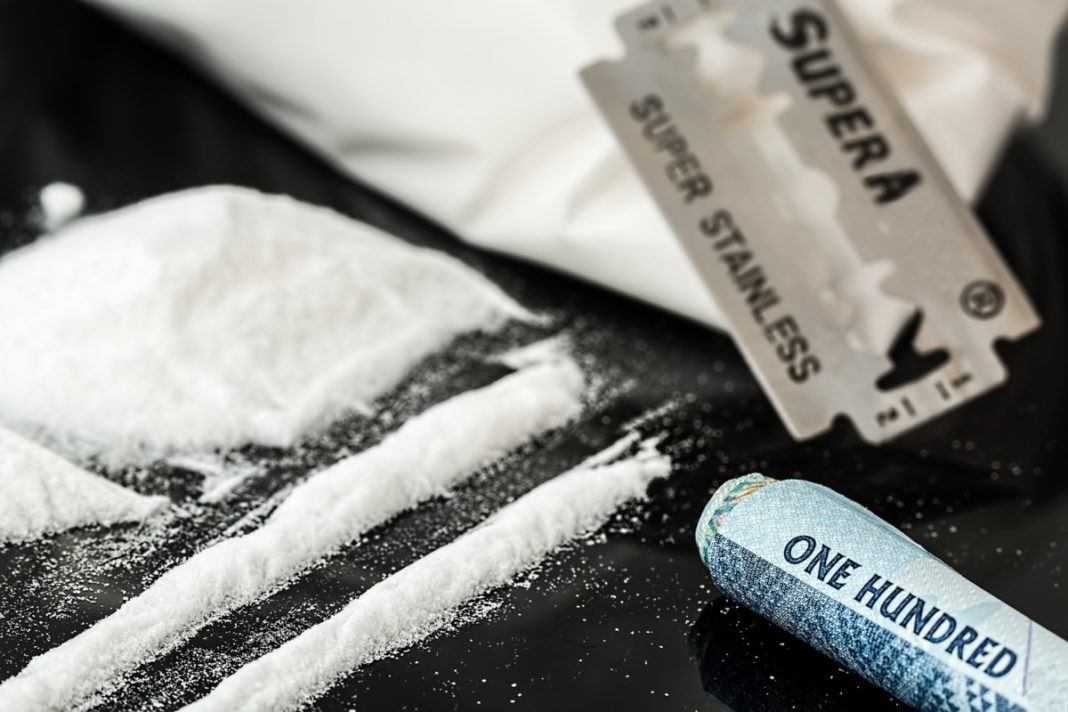D66 has published a manifesto for the regulation of drugs in the Netherlands, bringing forward a new wave of debate on the topic.
The political party D66 has recently published a manifesto on the topic of drugs, specifically on the regulation of prohibited drugs, such as cocaine, MDMA, ecstasy, Psilocybin mushrooms and LSD. In order to maintain the risk of drugs at a minimum, the party wishes to launch a state committee in order to look into how to best regulate these substances.
The manifest was signed by addiction experts, lawyers, scientists, artists, as well as former politicians. The manifest was initially drafted with the assistance of Jellinek, an addiction clinic, alongside Ton Nabben, a drug researcher.
In the aftermath of the murder of the lawyer Derk Wiersum, D66 states that the debate on drugs has become more aggressive, with calls for repression and a crackdown on drugs. A need for better alternatives is desirable, as violent crackdown usually backfires, the most well-known example of this being the War on Drugs in the United States.
The party is currently in debate with a broad coalition in order to investigate which drugs can be safely produced and regulated for commercial purposes.
Mixed views in Parliament
Not everyone shares the same views as D66 on the need for new regulation. Stieneke van der Graaf of the ChristieUnie party considers that crimes caused by drugs should be punished, rather than rewarded. She argues that given the fact that around 80% of drugs produced in the Netherlands are then exported, legalization would do nothing in stopping this process. She further states that the manifesto makes no mention of the health consequences of addiction and its devastating effects. It may, therefore, be a difficult task for D66 to successfully push their new agenda unless they gain more support from other parties in the coalition.
A task for the next cabinet
D66 considers the manifest as simply a starting point of conversation on the subject. The task of opening a state committee is expected to be picked up by the next cabinet.
What do you think the approach to drugs should be: punishment or legalization? Let us know in the comments.
Feature Image: stevepb/Pixabay



